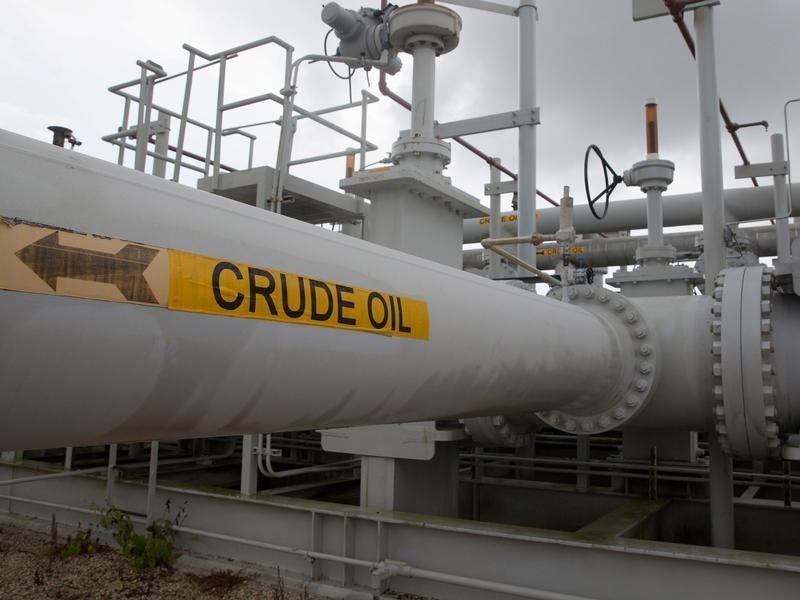NEW DELHI (Reuters) – India’s inflation and economic growth are at risk from the rise in oil prices caused by disruptions in the Red Sea, the government said on Friday, highlighting the need to diversify trade routes.
About 80% of India’s merchandise trade with Europe – including key products such as , auto parts, chemicals, textiles – passes through the Red Sea route, where missile and drone attacks by Yemen’s Houthi militants have forced many shipping firms to re-route vessels away from the Suez Canal to around the southern tip of Africa.
A combination of high freight costs, insurance premiums and long transit times can make imported goods “significantly more expensive”, India’s finance ministry said in its monthly economic review.
India’s shipments of agricultural commodities, textiles, chemicals, capital goods, marine and petroleum products may be impacted due to the disruptions, and affect the price competitiveness of exports.
“To effectively address these challenges, there may be a need to diversify trade routes and transportation options,” the finance ministry said.
Whether the crisis impacts the value of exports in the next financial year remains to be seen, the government said. India’s financial year runs from April to March.
Despite the headwinds to India’s strong growth and stable inflation regime, the ministry is confident the economy will close the current financial year on a positive note.
The inflation outlook for the upcoming months “is positive”, as a pick up in summer crop sowing is likely to help curb food prices, it said.
India’s retail inflation eased slightly to 5.09% in February, but the central bank is focussed on lowering inflation to the 4% target.
The official gross domestic product growth estimate for the current fiscal year has been raised to 7.6% from 7.3%, signalling “the enduring strength of the Indian economy”, the government said. I
Read the full article here







